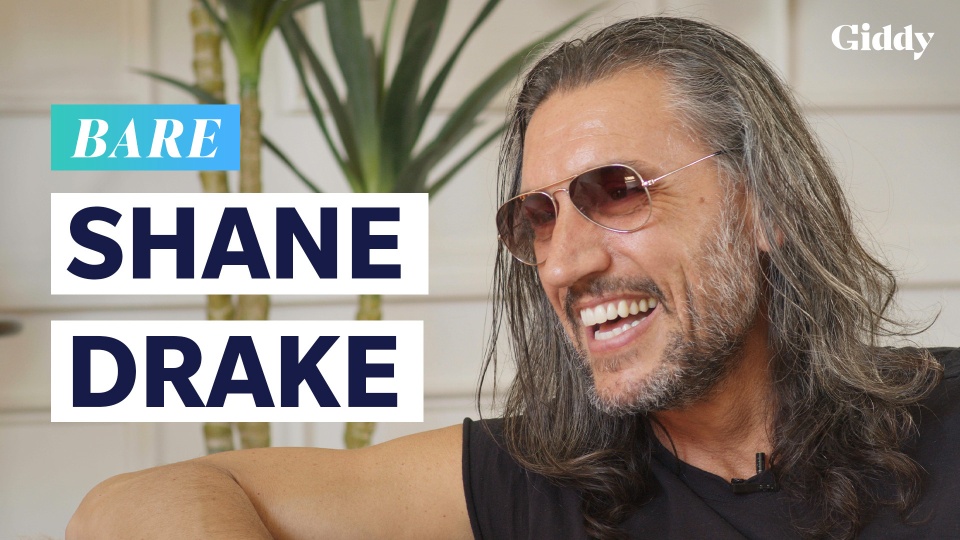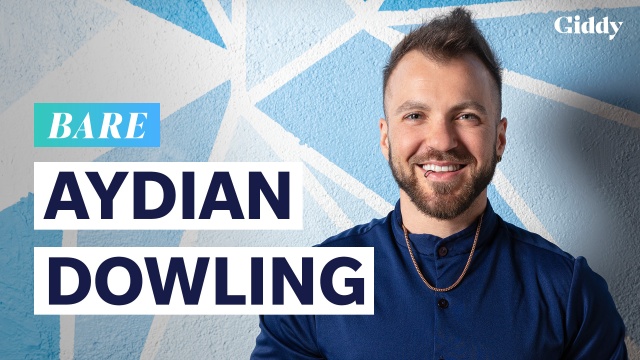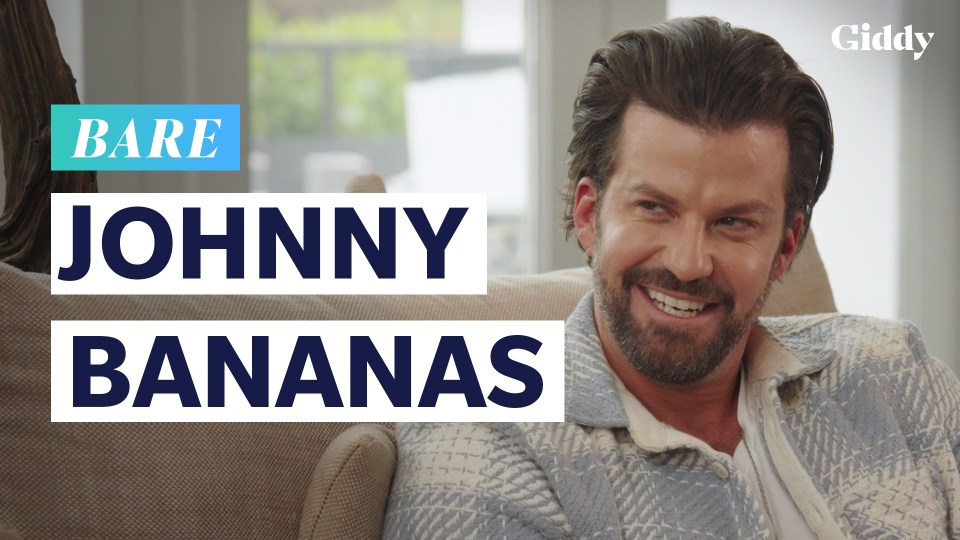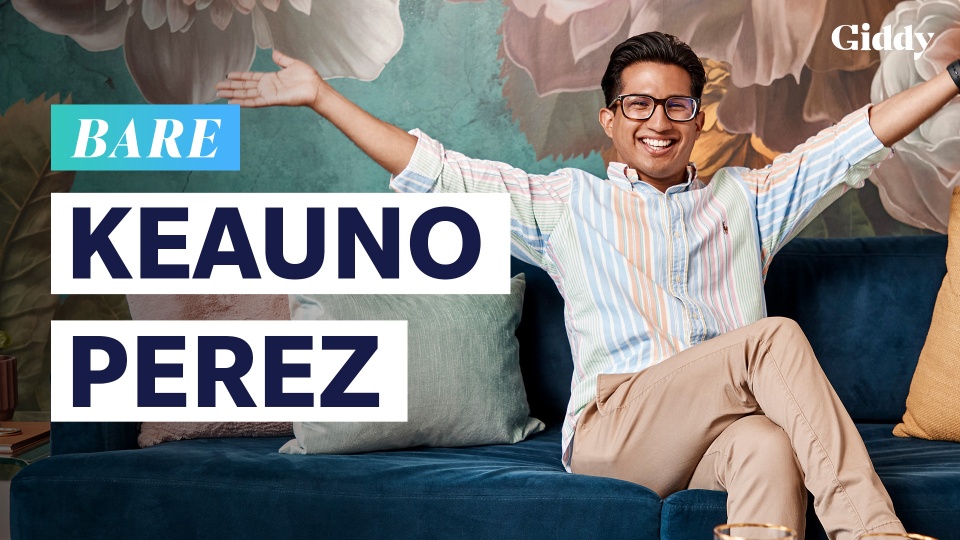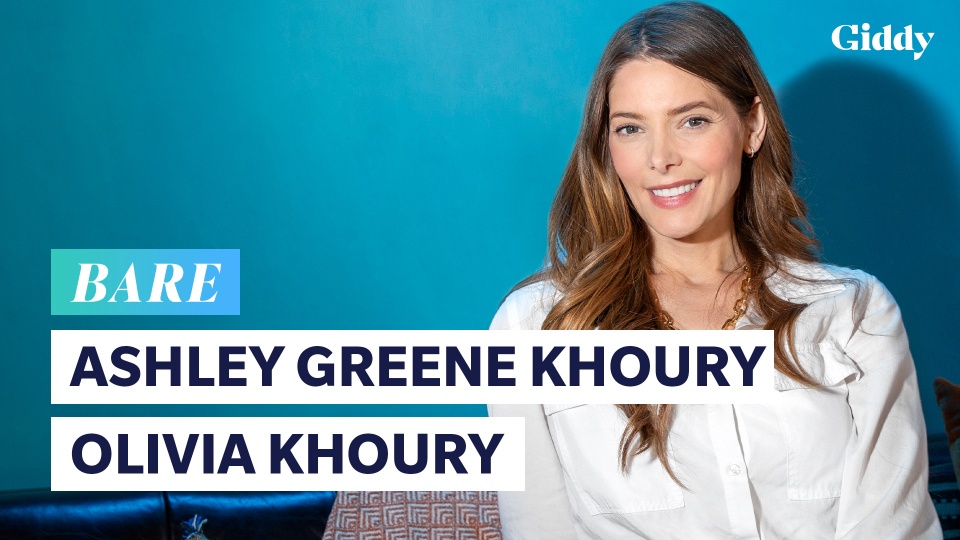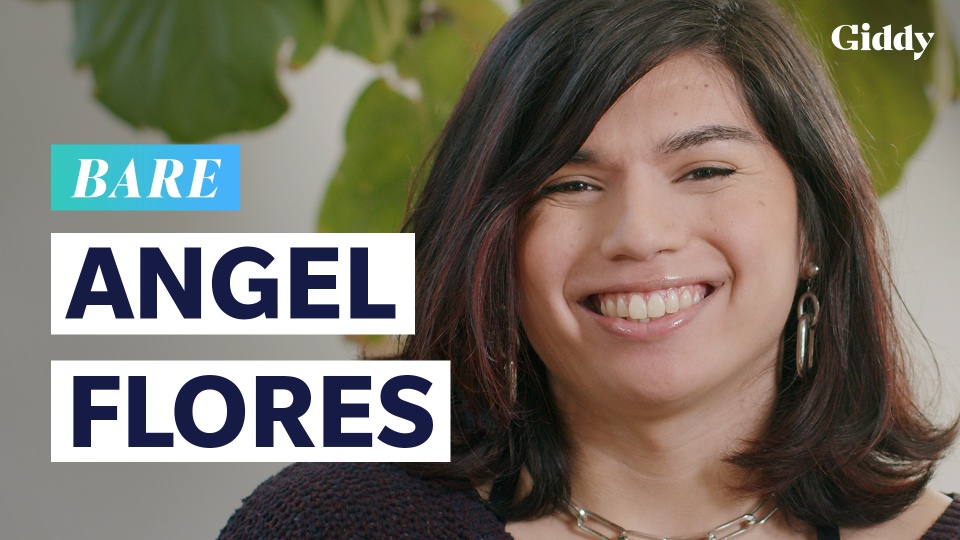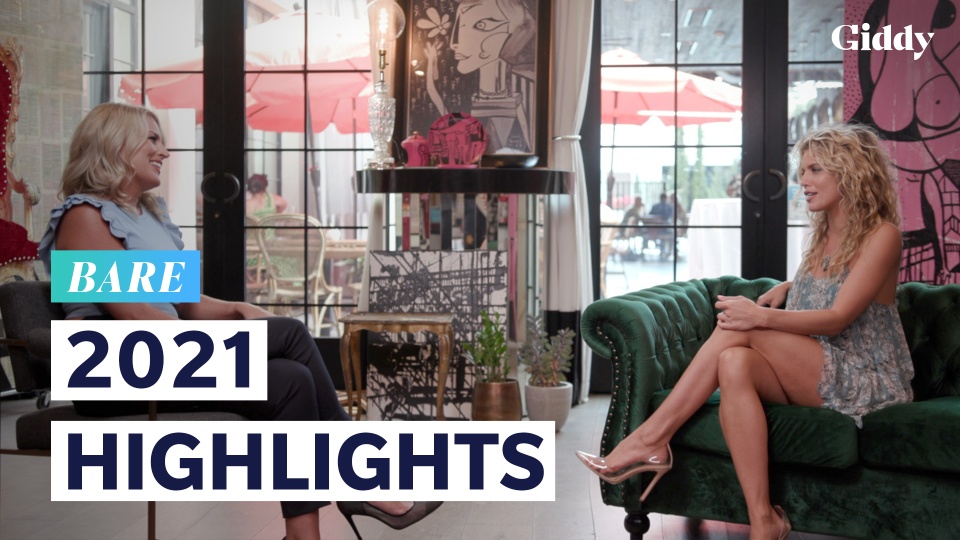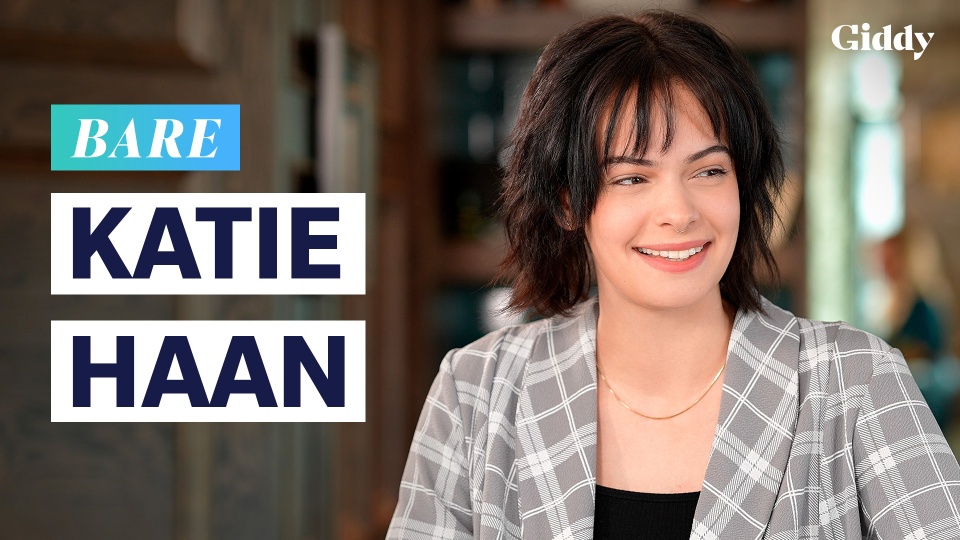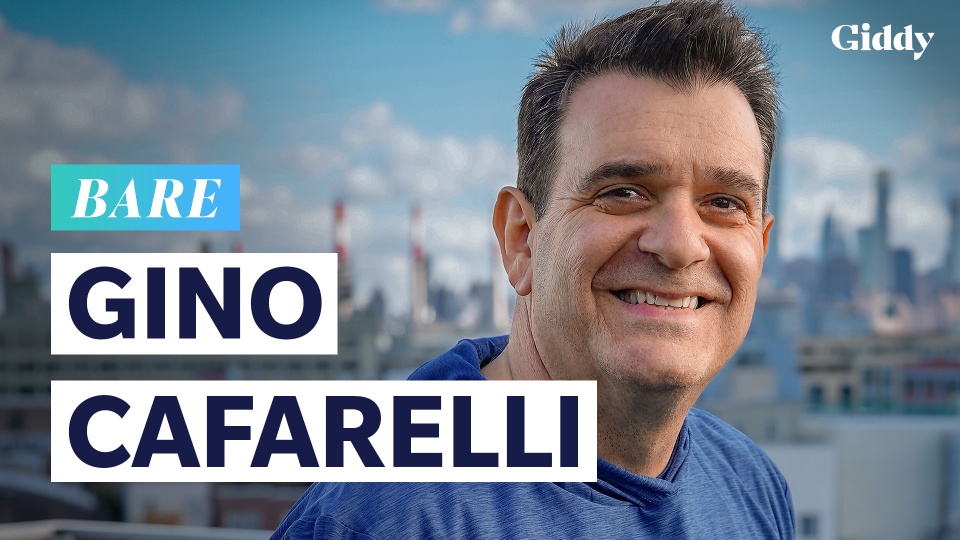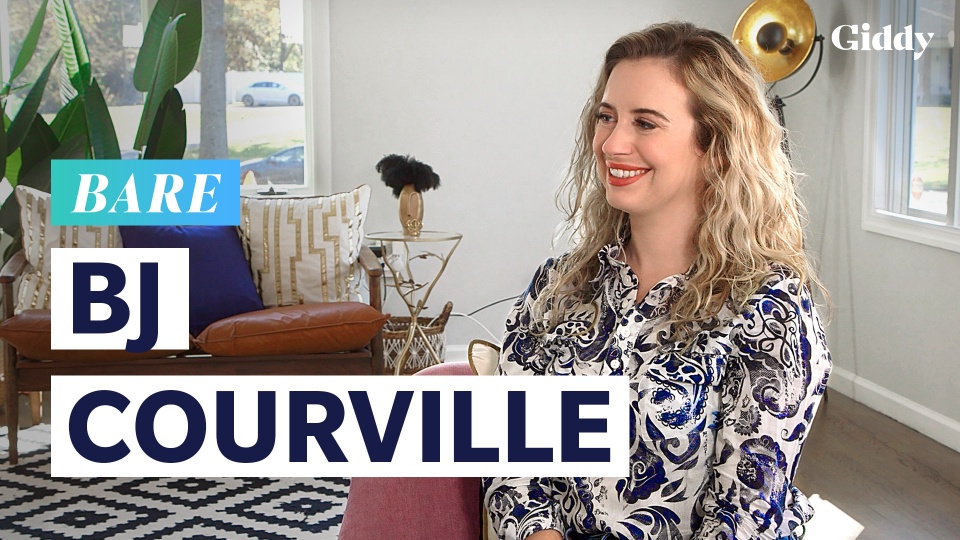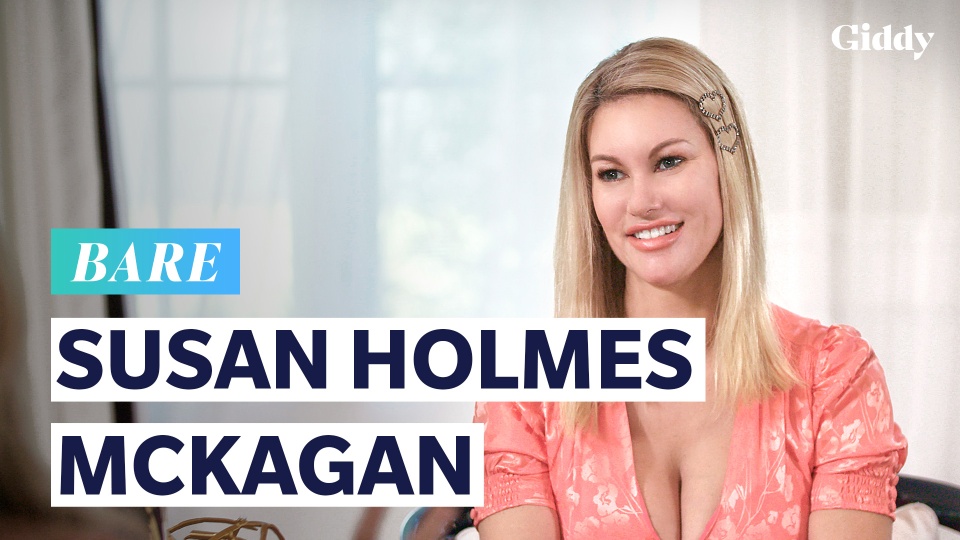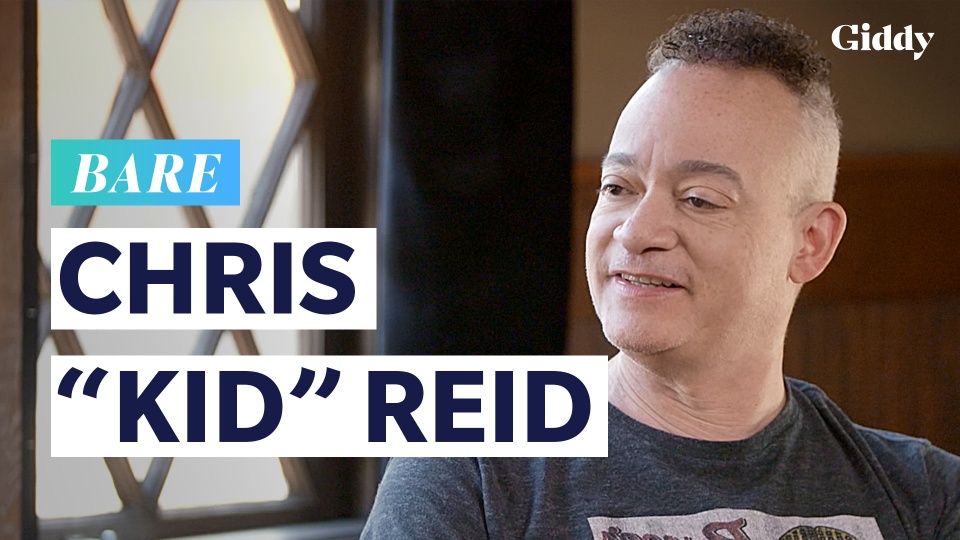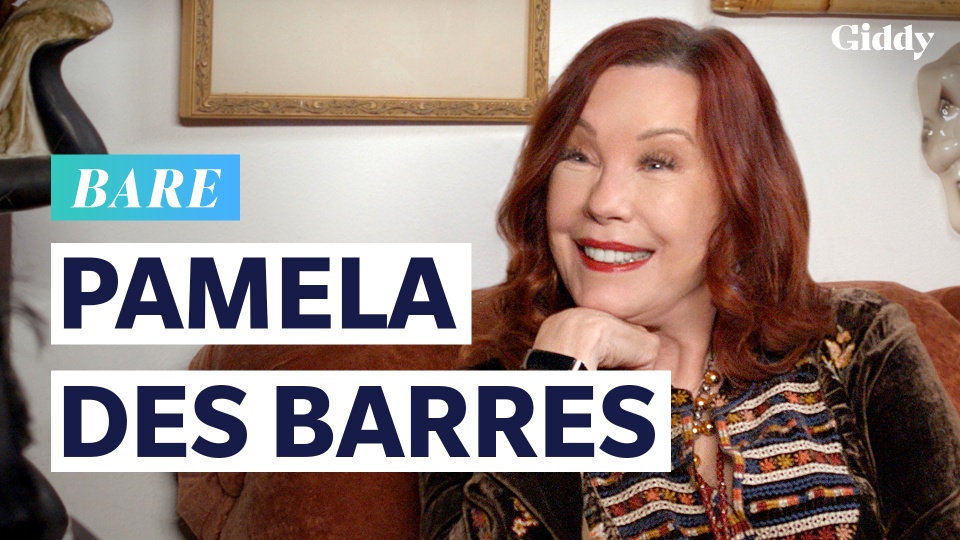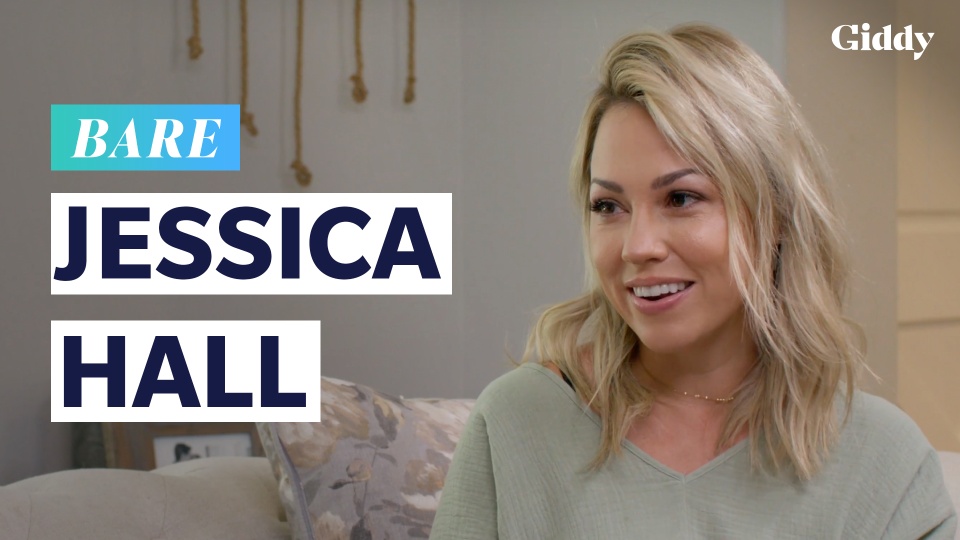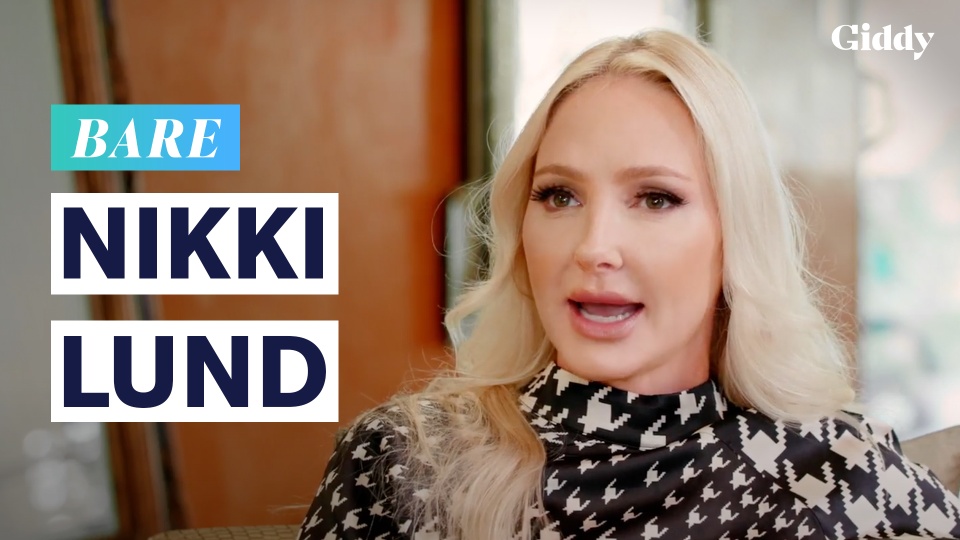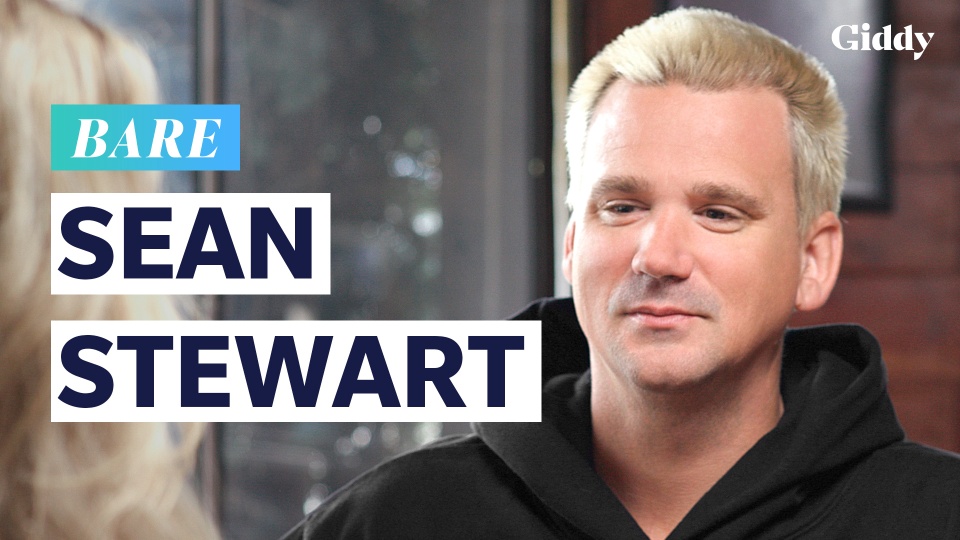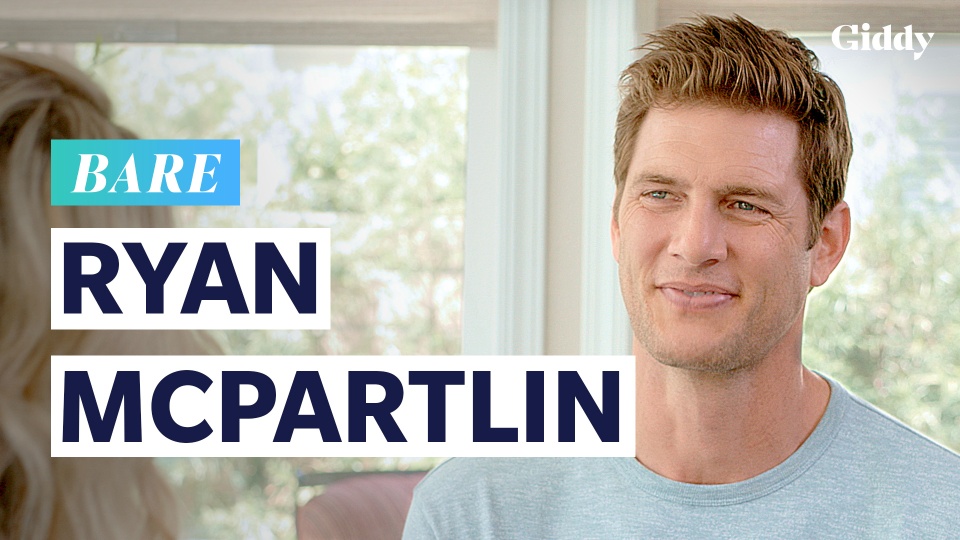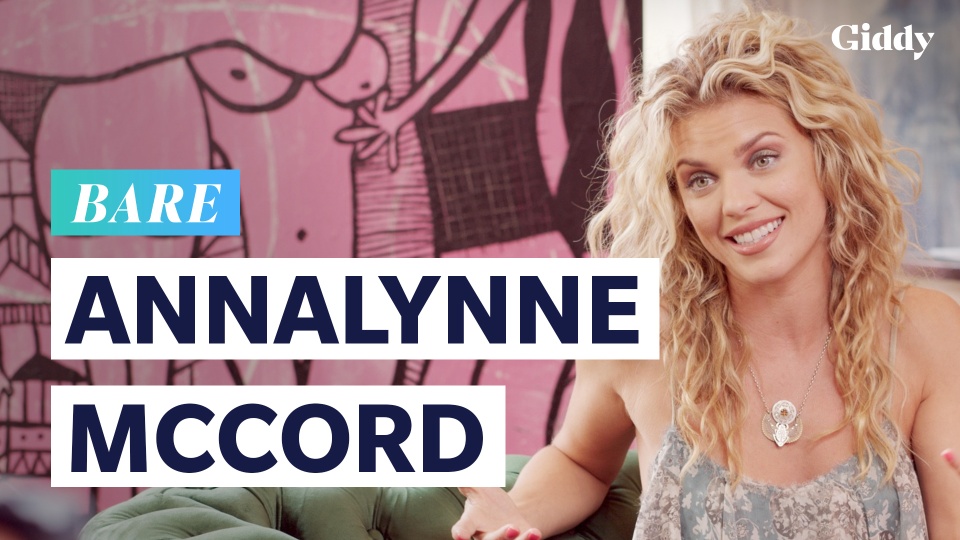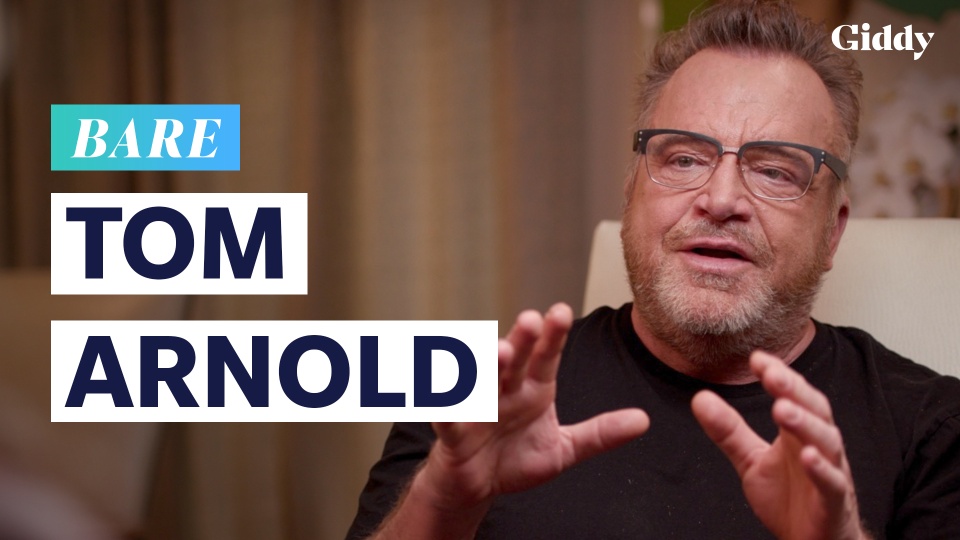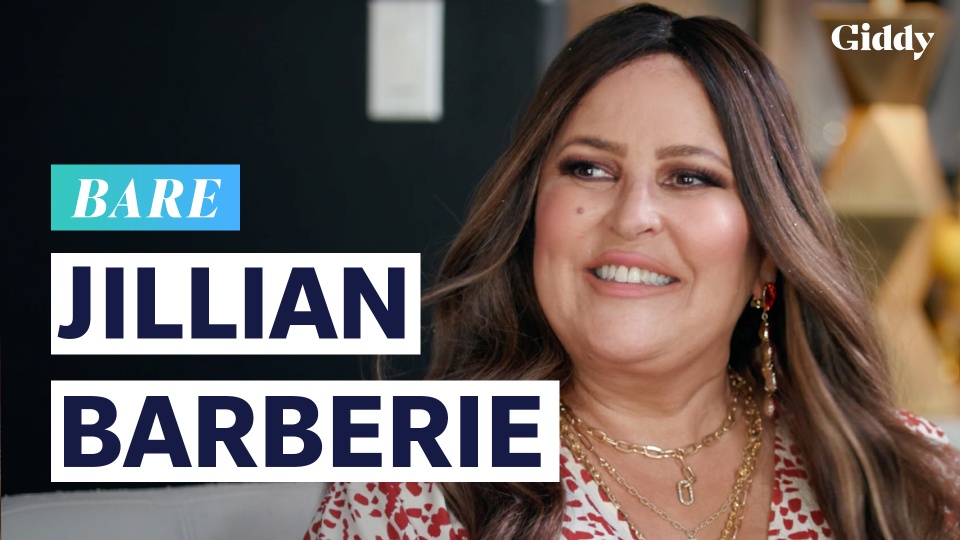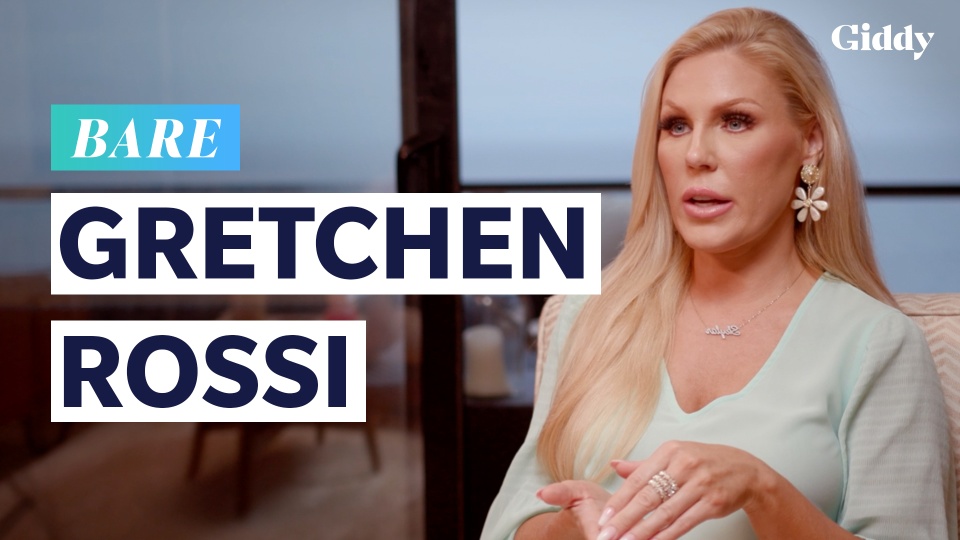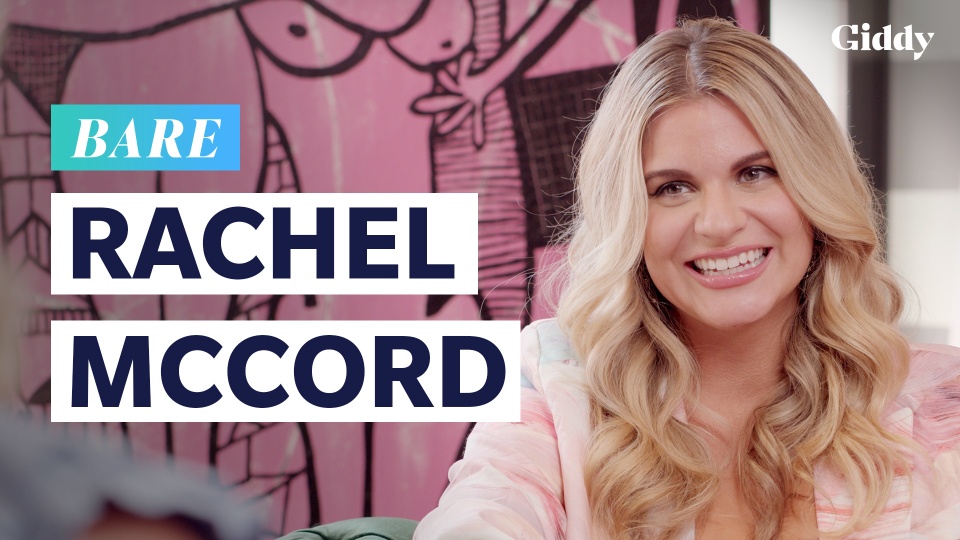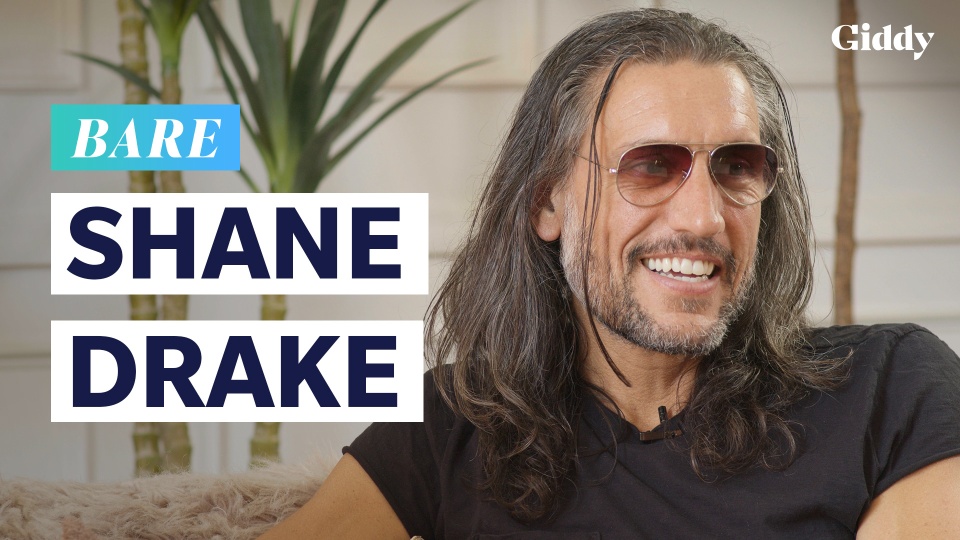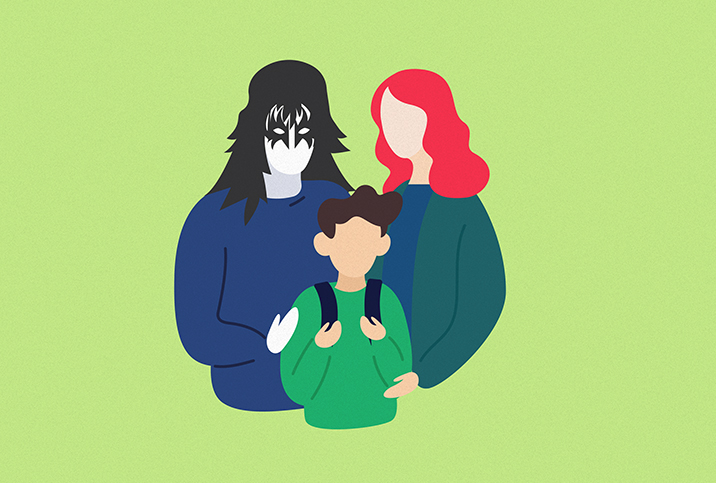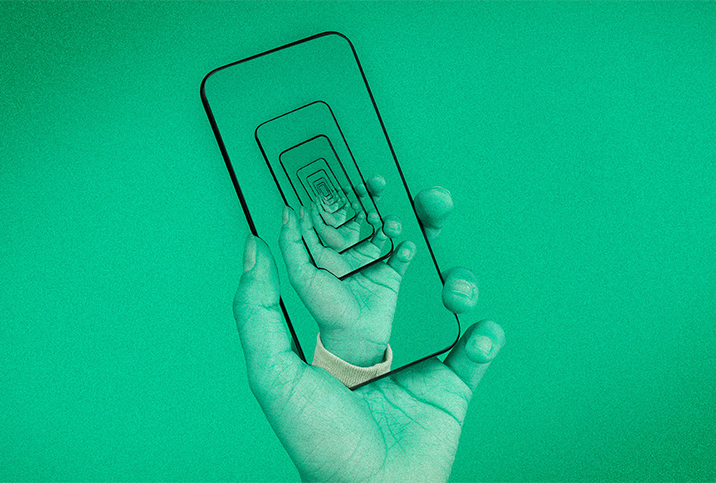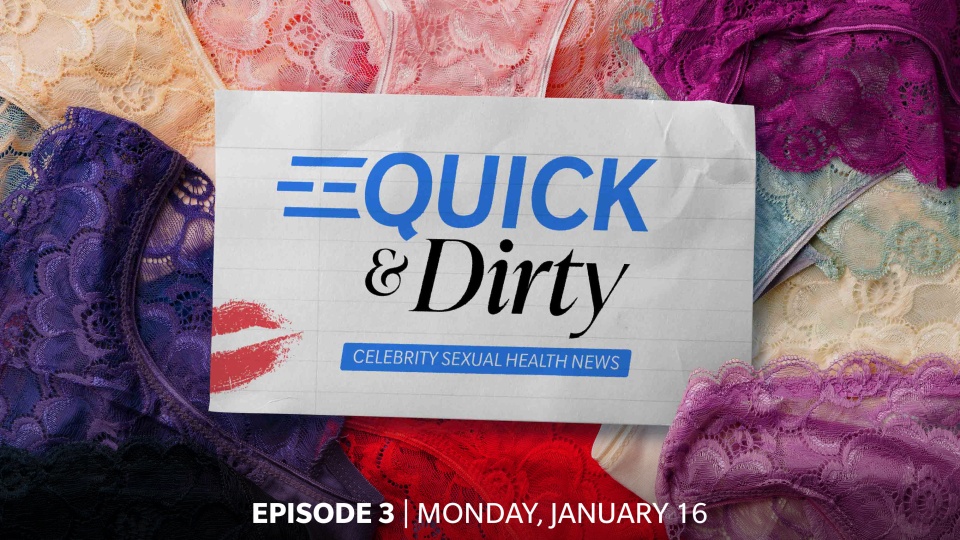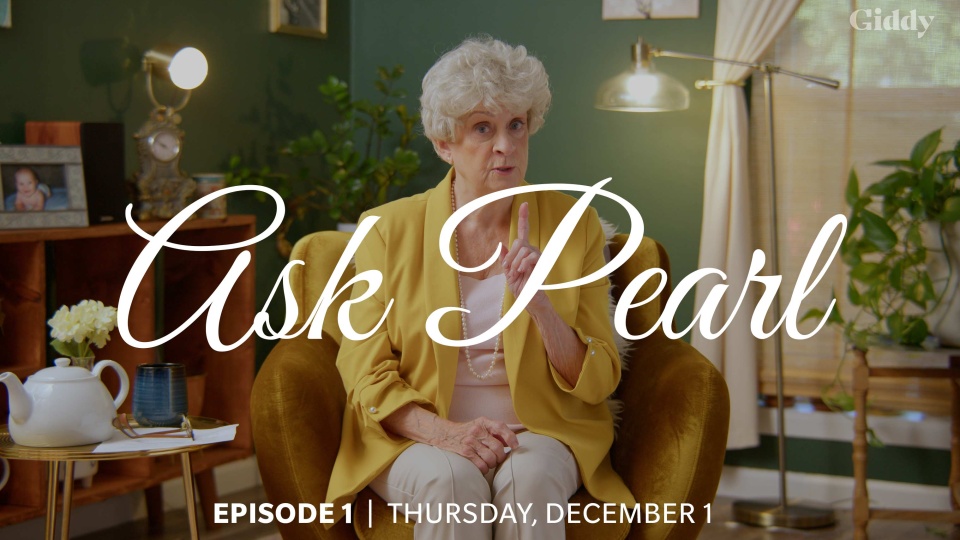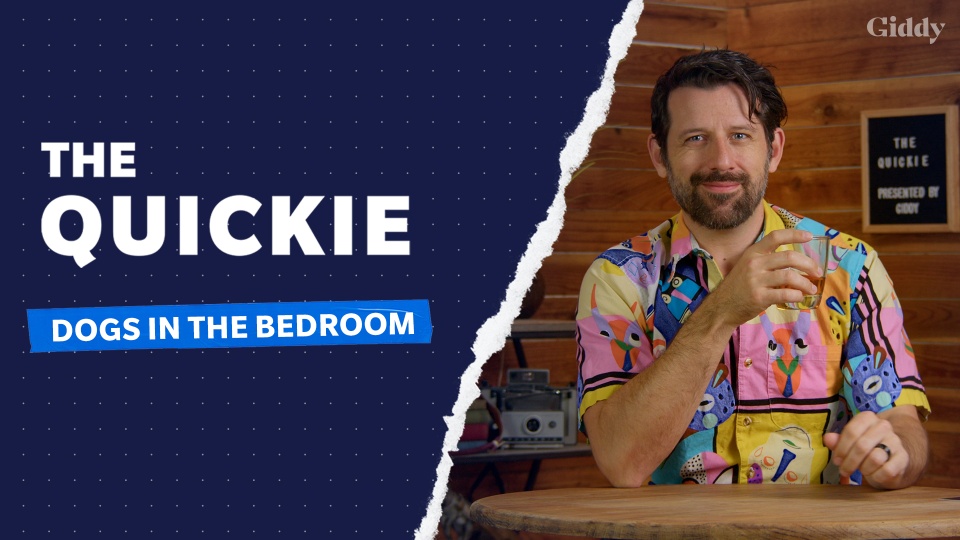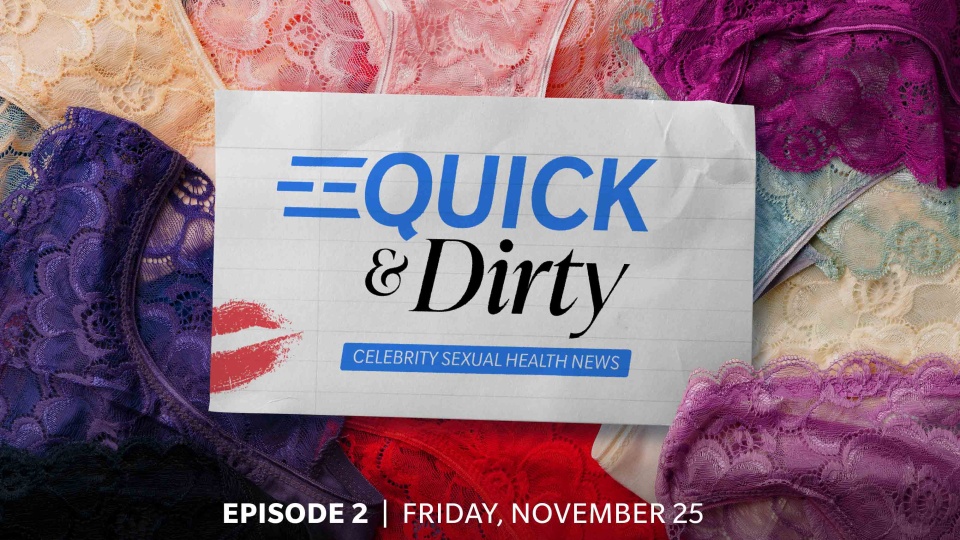Shane Drake on his journey to becoming an award-winning music video director
Music video director Shane Drake sat down with Giddy's Trisha Cummings to discuss his journey to becoming an award-winning artist.
More about this episode
A Conversation with Shane Drake
In this one-on-one conversation with Giddy's Trisha Cummings, music video director Shane Drake shares his journey to becoming an award-winning artist in Hollywood.
Prior to making a name for himself in the entertainment industry, Drake originally planned on becoming a doctor. He studied pre-med and took a job as a biochemist after graduating from college. Unfulfilled with his career, Drake quit and became a youth pastor—he attended seminary for one year before he left to pursue a different opportunity: show business.
Fascinated with the idea of directing, he moved to Los Angeles and started making his own short films.
Drake eventually crossed paths with music video director Darren Doane, who became his mentor and contributed to Drake's love for storytelling through music videos. He worked with Darren for a few years before creating his own company and developing professional relationships with various artists in the music business. In 2005, Drake got his big break directing a music video for American pop rock band Panic! at The Disco—winning an MTV Video Music Award for Video of the Year in 2006. Since then, Drake has collaborated with a plethora of popular artists throughout his career, such as Taylor Swift, Carrie Underwood, Kelly Clarkson, John Mayer, Keith Urban and Timbaland.
Transcript
What got you into directing? And where did that dream begin?
I mean, as a career—as an actual profession, it started after a chain of other careers had kind of not worked. I was really good at science, really good at math. So I'm like, all right, I'll go to school. I'll be a doctor. So I went to college for pre-med. And I did really well. When I got out, I was like, all right, this is great and all. But I may be good at school, but I don't like it. I'm ready to go live my life. I'm ready to go do something. You know what I mean? I can't be in school for another eight years. So I got a job as a biochemist.
It's so weird to think about. It's so weird to think about.
So I did that for a year. And, you know, it was the most miserable year of work of my life. My coworkers were fine. The company was fine. I just was not in my—I was not living in my element.
You weren't happy.
No. So I took a leave of absence from that. I was like, "Cool. I'm going to do what I love." I was working at a church at the time. And so I'm like, cool. I went to the pastor. And I was like, "Hey, can I be the youth pastor here? Can I develop this youth group? Can this be a job that I get paid for?" And he said, "Yes." And I really took a lot of pride in that. I loved that.
And so I was like, "Cool. If I'm going to continue to do this, I should probably know what I'm talking about." So I went to graduate school at Princeton to go to seminary. While I was in seminary, I was like, "What the hell am I doing in college again?" The point was to not be in college anymore. I was like, all right. It's a wrap.
So I took a leave of absence after a year. During that year, I got really involved with acting. So I was doing some stuff in Philly. I was taking acting classes, I was auditioning, and I loved it. I was like, "I'm going to do it. I'm just going to move to Manhattan." So I booked this part of this repertory company that met at this church. So I moved to Manhattan. We met at this church in Manhattan. They happen to need a youth pastor. I needed a day job. So there I was getting to be a youth pastor again, and act, and live in Manhattan. It was awesome.
I spent a couple of years there pursuing that. And while I was pursuing that, and while I was sort of honing the craft of acting, I was realizing that this probably isn't my road either. That just wasn't utilizing enough of my skill set. And when I was working with certain directors, I was like, "You know what? What they're doing—that's what I want to be doing." So that's when I decided to do that. I just got married. We moved back to LA. And I just started hustling. I just started shooting little shorts. I started doing whatever I could to get my foot in the door.
In the midst of all these things, I got this guy that came on and wanted to mentor me. His name was Darren Doane. He was big into doing punk videos and was kind of an iconic name himself at that point in that genre. He and I met and kind of hit it off. And he wanted to take me under his wing and show me how to make the whole machine work. He did and I loved it. I fell in love with music videos almost instantly because you're making little movies in the course of a very short period of time. And then you're able to go on and do another one another one and another one. You know what I mean?
For me, it offered so much opportunity to pour out your creativity and that energy. So I loved it. I worked under him for a few years. And while I was doing that, I was building my own company and what I wanted it to be and who I wanted to be as a director. And then eventually, you know he'd throw me a couple of opportunities to shoot some bands that he didn't have time for. And then that started my foray into meeting these bands, meeting the managers, meeting the labels, and then starting to form my own relationships.
Then I very shortly after that started my own company, which at the time was called Red Van Pictures. And literally after starting my company, it was two years later, I shot the Panic! At the Disco video for "I Write Sins Not Tragedies." And then, the following year, we won the VMA for Video of the Year. And it's then that obviously I was like, "Oh." I remember J.Lo was the announcer for that particular award that year. And my mom called after. She's like, "Oh I get it. You're an artist!"
[laughs]
And I'm like, yes—that's it!
Bingo!
Anyway, that's just kind of how things—from there, everything kind of skyrocketed.
How does it feel being a part of the landmark music videos for bands like Paramore, Fallout Boy, and Panic! At the Disco?
Being a part of a landmark video or an iconic, lasting video isn't something you can plan for. And I think you're right in saying that having a string of videos that have a legacy to them is definitely confidence-building. And it definitely infuses you with the belief that you can do it again. It's just that you have to temper that with the understanding that it's mostly not going to happen again, though.
Yeah. So it's also humbling.
Yes—
Yeah.
—very much.






